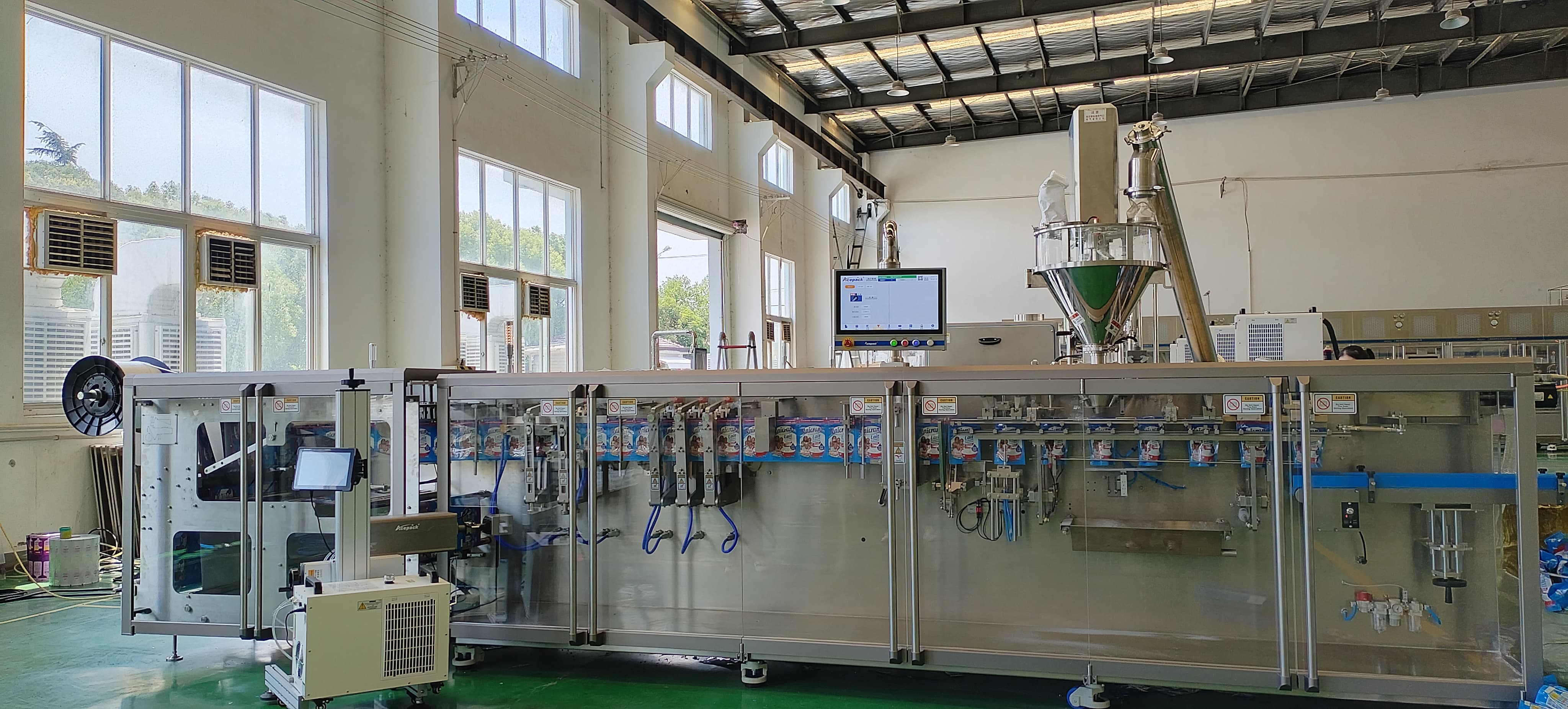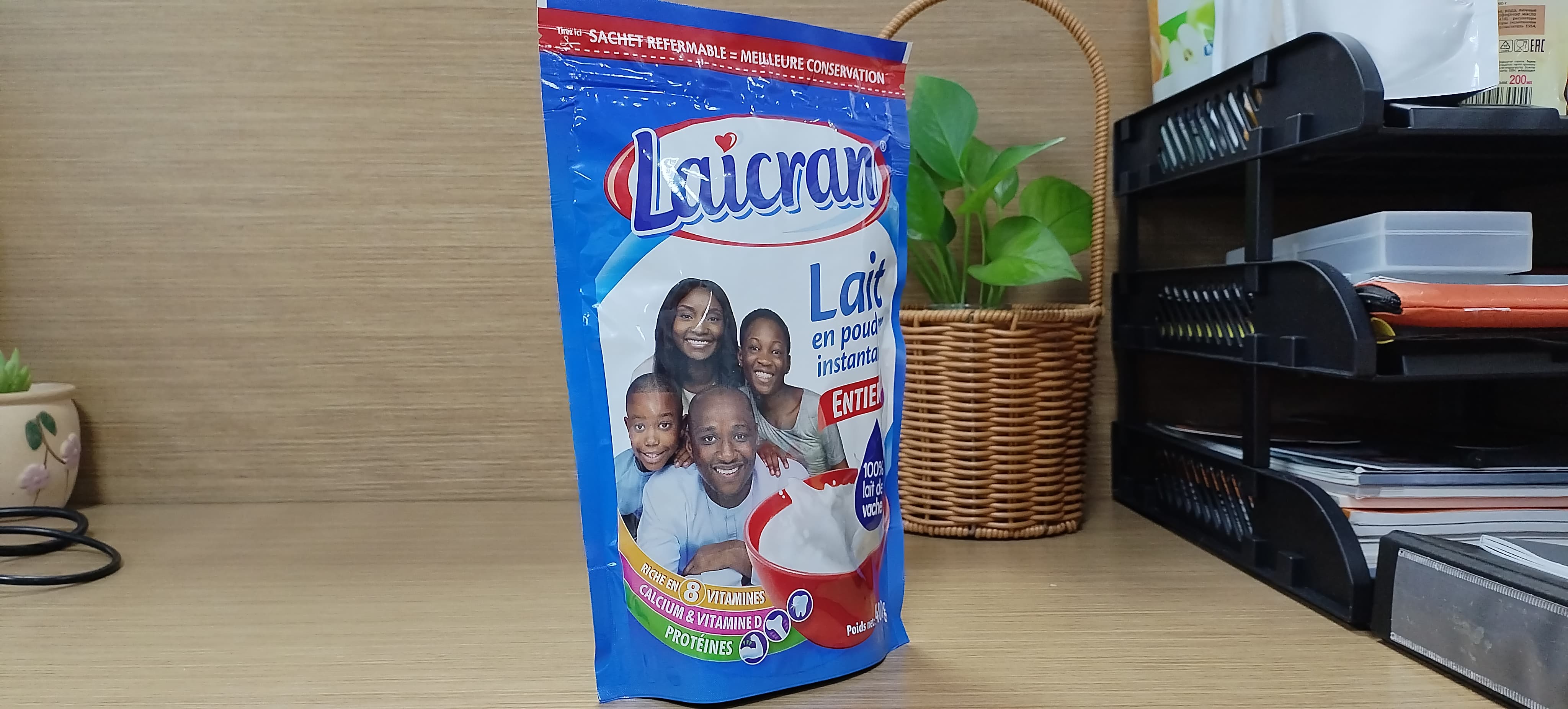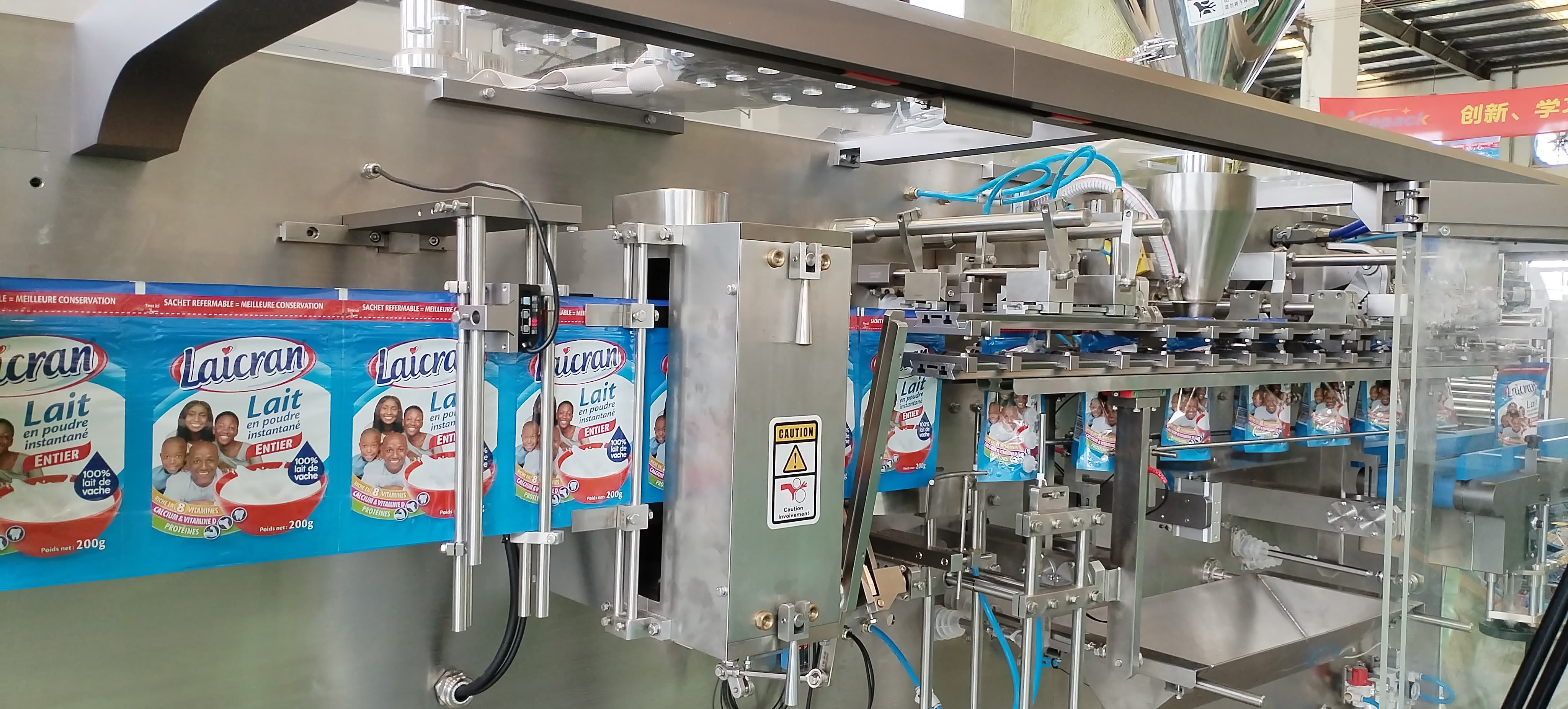Are you struggling to package milk powder efficiently while maintaining product integrity? In an industry where contamination and shelf life are critical, zipper stand up pouch packaging machines offer a game-changing solution. But how exactly do these systems preserve nutrients, prevent spills, and boost production speed? Let’s break down the technology behind this innovative packaging method.

1. Why Choose Zipper Stand Up Pouches for Milk Powder?
Did you know that stand up pouches with resealable zippers extend milk powder’s shelf life by 30% compared to traditional tins? Their multi-layer barrier blocks moisture, oxygen, and UV light—key factors in nutrient degradation. For manufacturers, this translates to:
Reduced waste from clumping or spoilage
Enhanced brand appeal with transparent window options
Eco-friendly materials (25% lighter than rigid containers)

2. How Does the Machine Seal Zippers Without Contamination?
Precision is non-negotiable. Advanced packaging machines use:
Servo-driven zipper applicators to align tapes within 0.5mm accuracy
Nitrogen systems to displace oxygen before sealing
Vision inspection sensors detecting micro-leaks at 120 pouches/minute
Case Study: A New Zealand dairy brand reduced product returns by 18% after switching to automated zipper pouch machines.
3. Can One Machine Handle Multiple Pouch Sizes?
Flexibility is critical for SKU variations. Modern milk powder packaging machines feature:
Quick-change tooling (under 10 minutes for size adjustments)
Programmable logic controllers (PLCs) storing 50+ recipes
Adjustable filling ranges (300g–2kg with ±0.5% accuracy)

4. What’s the ROI of Automating Powder Packaging?
Worried about upfront costs? Consider these savings:
Labor reduction: 1 machine replaces 5 manual workers
Material efficiency: 15% less film waste vs. VFFS bags
Speed: Output up to 120 pouches/minute
Conclusion
Investing in a milk powder zipper stand up pouch packaging machine isn’t just about automation—it’s about securing your product’s quality and your brand’s reputation. Ready to explore how this technology can solve your packaging challenges?






